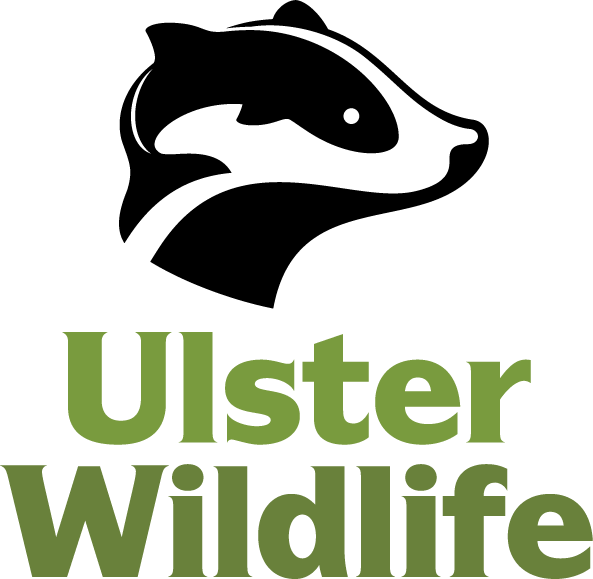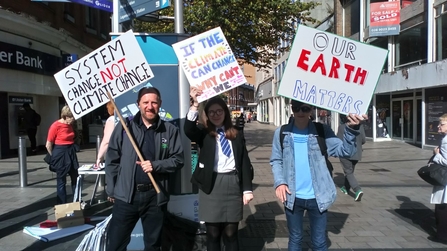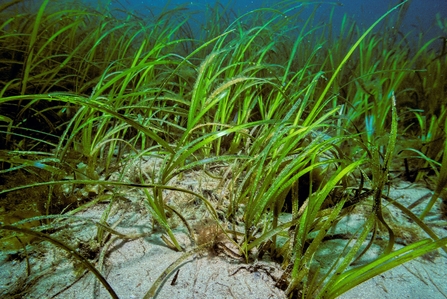This is a truly momentous time, given that we had not one, but two, Climate Change Bills making their way through the legislative process for well over a year.
The first was the Private Members’ Bill, led by Clare Bailey (Green Party) with cross-party support, and called for a net-zero by 2045 greenhouse gas emissions target. The second was the DAERA (Department of Agriculture, Environment and Rural Affairs) Bill, led by Edwin Poots (DUP), which called for an 82% greenhouse gas emissions target by 2050. There were a number of other key differences between the Bills, such as provision for an independent Climate Commissioner, need for climate action plans and Just Transition clauses.
In the summer of 2021, the Agriculture, Environment and Rural Affairs (AERA) Committee duly completed calls for evidence for both Bills, and both Bills then moved through to Consideration Stage, whereupon Ministers may propose amendments (partly based on the AERA Committee’s reports and evidence gathering) which are then debated and voted upon.



